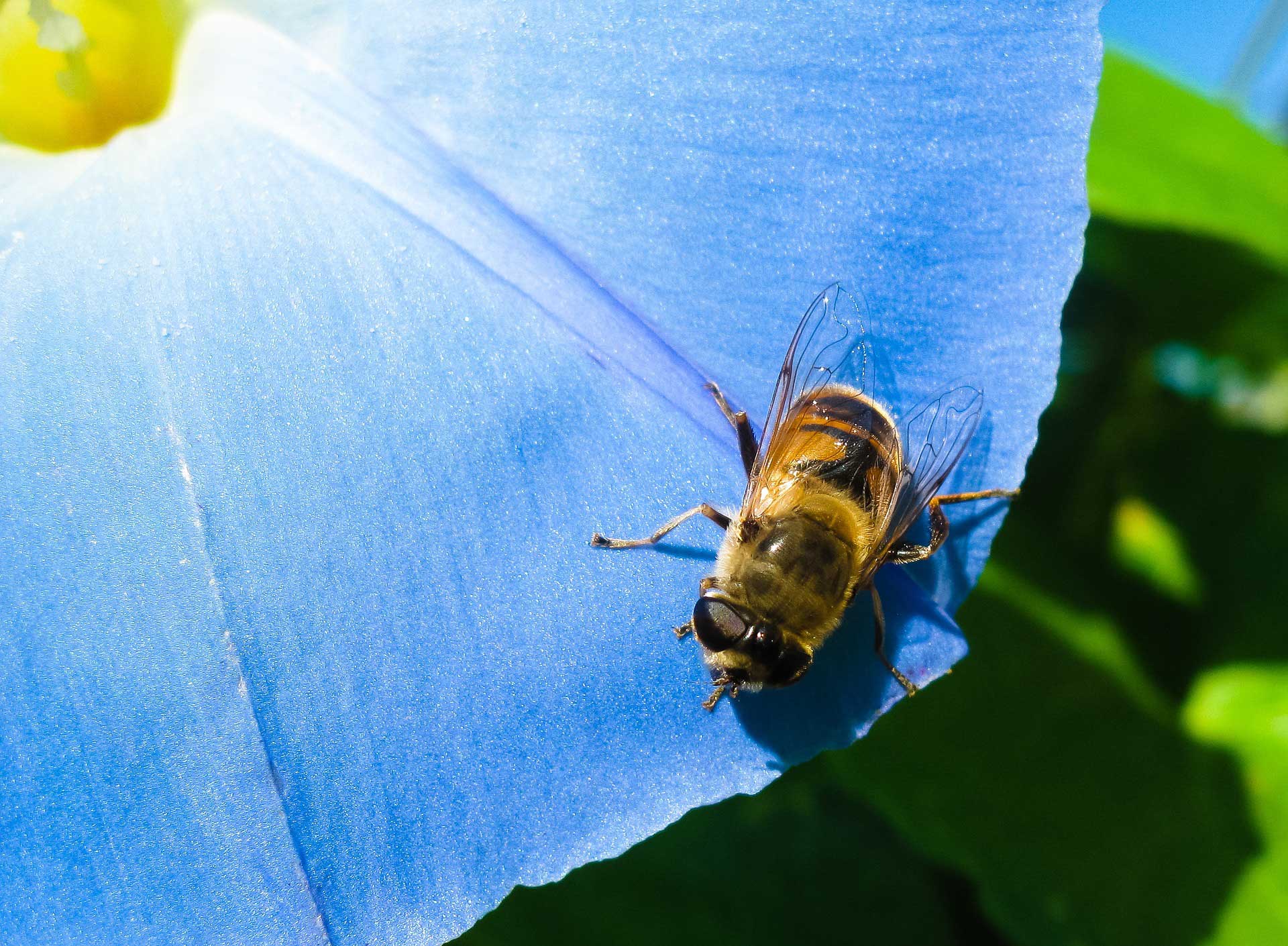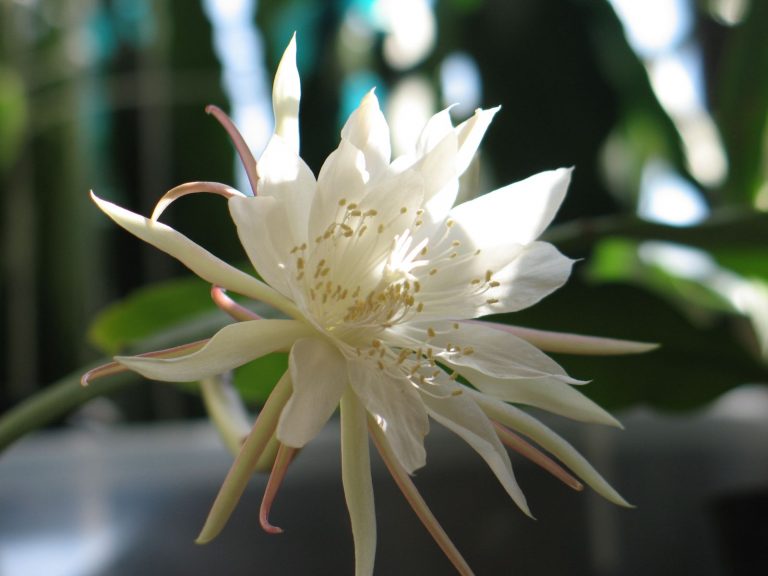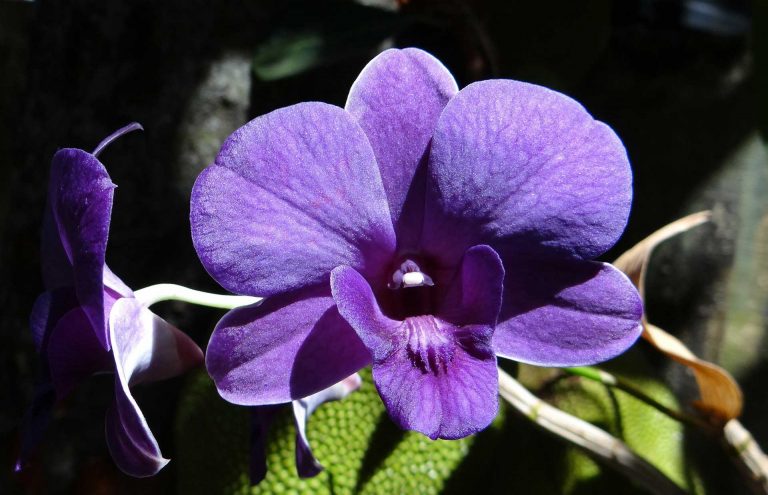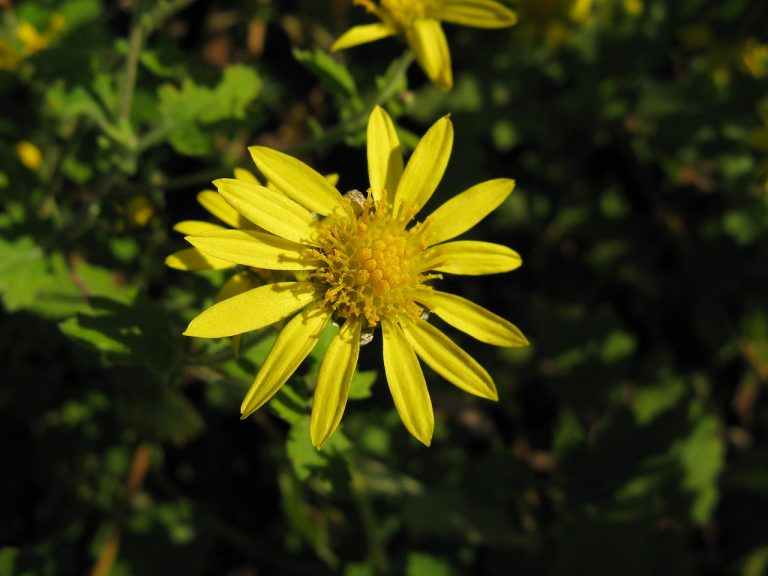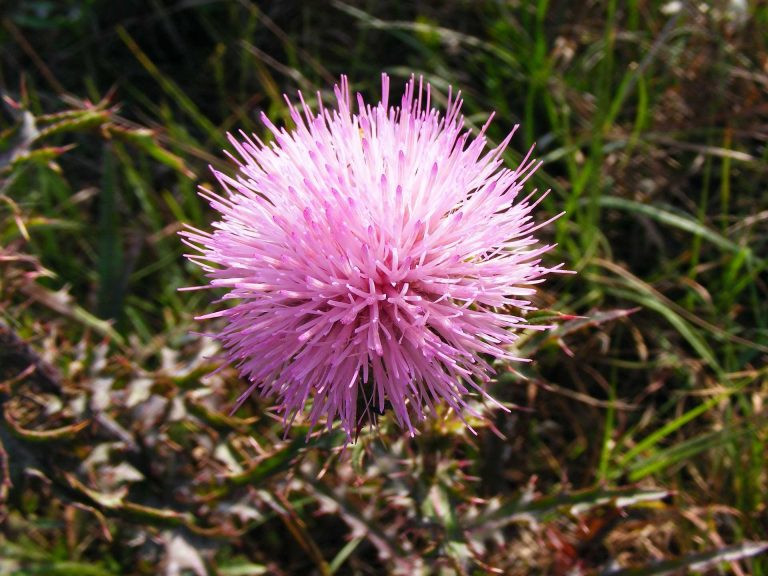Summer Flowers: Morning Glory
Scientific Classification
| Kingdom: | Plantae |
| (unranked): | Angiosperms |
| (unranked): | Eudicots |
| (unranked): | Asterid |
| Order: | Solanales |
| Family: | Convolvulaceae |
| Genus: | Ipomoea |
| Species: | I. nil |
| Binomial name: | Ipomoea nil |
The common name given to the 1000 varieties of flowering plants belonging to the Convolvulaceae family is Morning glory. Morning-glory are yearly flowering climbers, they have slender stems, trumpet-shaped flowers, and heart-shaped leaves. The morning glory comes out in purple-blue, white, pink, and magenta colors. Their shapes before opening up in the sunlight are gorgeous and idealistic tendrils lend traditional attraction.
Anatomy
The morning glory flower has a clearly perceptible round shape, usually resembling a mid-explosive frozen firework.
The time for planting the alliums bulbs is in the fall, towards the end of November, before the ground freezes.
GROWING THE PLANT AT HOME
Preparation for Planting
We do not pick morning glories; they grow well even if the soil is not rich. But still, if we need good growth, use a soil that is neutral or mildly alkaline. When you plant, moisten the soil and not wet it.
When your vines start growing and creeping up, give them good support, this you can do by planting them beside a trellis, a chain-link or a fence for the vines to cling and climb. Gently aid the vines to climb by twisting them for the support. Morning glories grow thick and tall; people use them for making a shield in the backyard for isolation.
Planting

If you propose to grow morning glories from seeds, select a suitable site quite far from wild vegetation that are a threat to them. Make sure they receive enough of direct sunlight. For quick germination and to promote absorption of water, cut the outer of the morning glories seeds or soak it to a depth of 11/2 inch and 8 to 12 inches distant from each other. You can also plant Morning glory in pots. Even though morning glories adjust to weak soils, complete sunlight and properly drained soil is best for their growth.
Placement and Watering
In case there is no rain, water your morning-glory weekly once, and when it is too hot, and the summer months are dry, water them weekly twice. Do not water in excess and see that the soil is properly drained. In case you grow the plants from seeds, stop watering and supplement with fertilizers once the plant develops. This will enhance blooming. While the plants are growing towards the top give them the support; you can do this by planting them beside a trellis, a chain-link or a fence, for the vines to climb by twisting them on to the support. Morning glories grow thick and tall and give a shield in the backyard for privacy. It is also possible to get shade from them when the sun is hot. If you choose to grow them on the side of a wall, prepare a net or tie a few strings; very soon they get caught up and they climb.
After Bloom Care
Flowering Period is June to August. When blooming ceases, discard the dried pods. Remove inside pods that grip the seeds, and keep them in a sealed vessel so that they are ready for planting in the coming season; else the seeds will have a natural separation and then sprout the coming year.
If you want your vines to have a good appearance in summer or fall, then cut them at a minimum. You can get a thicker growth by pruning them well in the spring or winter.

Having discovered a fondness for insects while pursuing her degree in Biology, Randi Jones was quite bugged to know that people usually dismissed these little creatures as “creepy-crawlies”.

